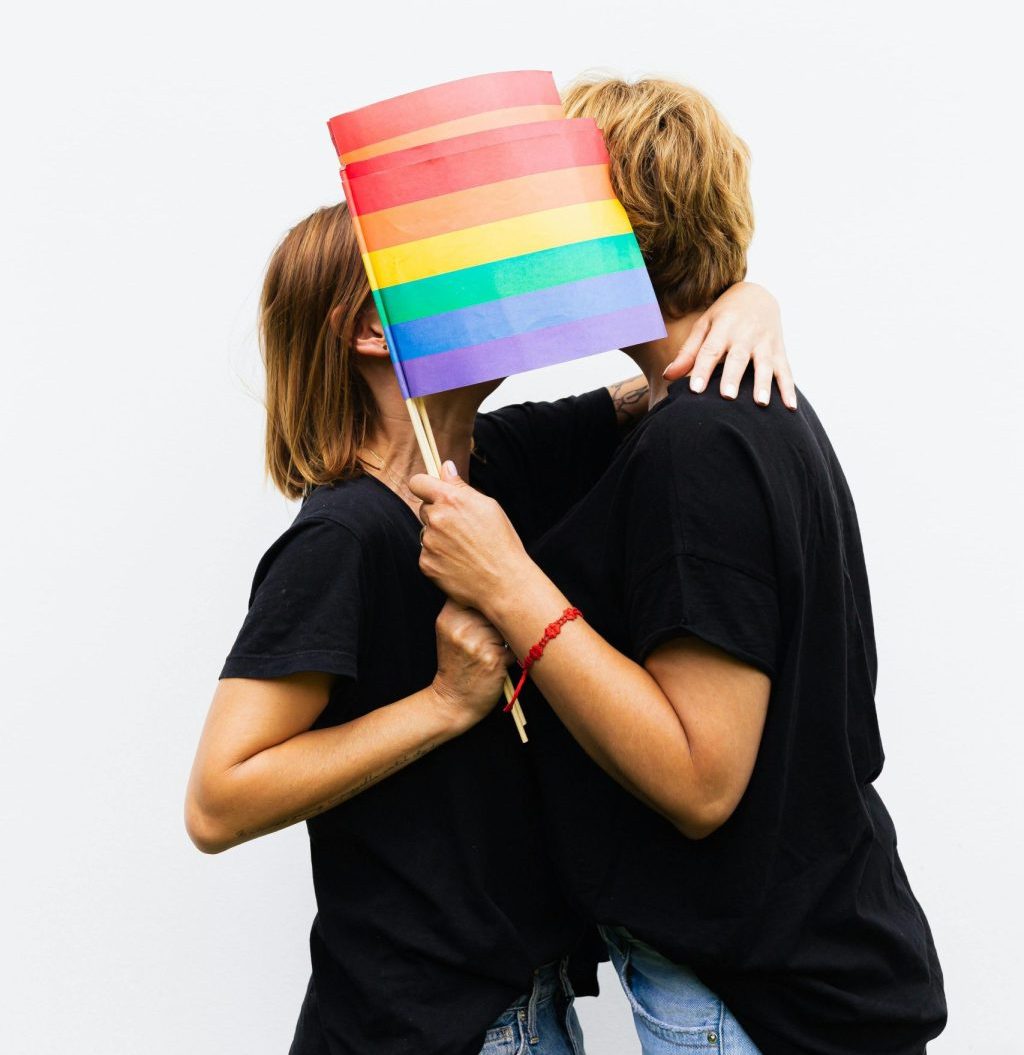International Day Against Homophobia, Transphobia, Biphobia
On the International Day Against LGTBIphobia, it is essential to remember that the fight for equality and respect is not only about making diversity visible, but also about ensuring safe spaces that are free from violence and pressure.
Sometimes, in the name of “normalizing” sexual orientations, situations are created that, far from empowering, actually cause harm. One such example is when, in academic settings, a teacher publicly asks a student about their sexual orientation in front of the entire class. While the intention may seem inclusive, this kind of action is deeply invasive and constitutes a form of harassment, as it involves a misuse of power, exposes someone’s private life without their consent, and can create discomfort, pressure, or even fear. There is no valid pedagogical justification for forcing someone to disclose their sexual orientation in a setting that was not designed for such a personal revelation—especially without explicit consent. Moreover, this overlooks the emotional impact such exposure can have, particularly in environments where prejudice, stigma, or fear of rejection still persist.
Diversity is not something to be imposed or demanded; it is something to be respected. Visibility does not mean forcing someone to “come out” or making their sexual orientation a subject of public scrutiny.
On this May 17th, we are reminded that fighting against LGTBIphobia also means questioning practices that, even when disguised as good intentions, reproduce oppressive dynamics. Creating safe spaces means allowing each person to choose how, when, and with whom to share their identity.
Editor of Daily 27.
Predoctoral researcher at the Department of Sociology in University of Barcelona.


